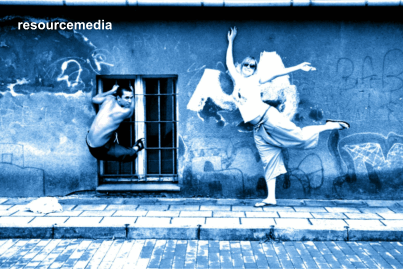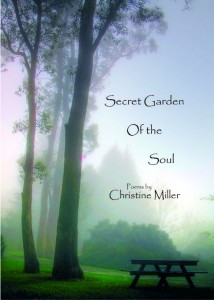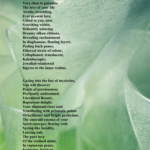A colleague sent me this today, which made me think about what we miss by rushing through life without pausing, noticing and appreciating things that in other circumstances and environments we would love and value.
THE SITUATION
In Washington , DC , at a Metro Station, on a cold January morning in 2007, this man with a violin played six Bach pieces for about 45 minutes. During that time, approximately 2,000 people went through the station, most of them on their way to work. After about 3 minutes, a middle-aged man noticed that there was a musician playing. He slowed his pace and stopped for a few seconds, and then he hurried on to meet his schedule.
About 4 minutes later:
The violinist received his first dollar. A woman threw money in the hat and, without stopping, continued to walk.
At 6 minutes:
A young man leaned against the wall to listen to him, then looked at his watch and started to walk again.
At 10 minutes:
A 3-year old boy stopped, but his mother tugged him along hurriedly. The kid stopped to look at the violinist again, but the mother pushed hard and the child continued to walk, turning his head the whole time. This action was repeated by several other children, but every parent – without exception – forced their children to move on quickly.
At 45 minutes:
The musician played continuously. Only 6 people stopped and listened for a short while. About 20 gave money but continued to walk at their normal pace. The man collected a total of $32.
After 1 hour:
He finished playing and silence took over. No one noticed and no one applauded. There was no recognition at all.
No one knew this, but the violinist was Joshua Bell, one of the greatest musicians in the world. He played one of the most intricate pieces ever written, with a violin worth $3.5 million dollars.
Two days before, Joshua Bell sold-out a theatre in Boston where the seats averaged $100 each to sit and listen to him play the same music.
This is a true story. Joshua Bell, playing incognito in the D.C. Metro Station, was organized by the Washington Post as part of a social experiment about perception, taste and people’s priorities.
This experiment raised several questions:
*In a common-place environment, at an inappropriate hour, do we perceive beauty?
*If so, do we stop to appreciate it?
*Do we recognize talent in an unexpected context?
One possible conclusion reached from this experiment could be this:
If we do not have a moment to stop and listen to one of the best musicians in the world, playing some of the finest music ever written, with one of the most beautiful instruments ever made . . .How many other things are we missing as we rush through life?
Brought me back to thinking about something I wrote last year – see here: Do You Value What’s Right Under Your Nose?












